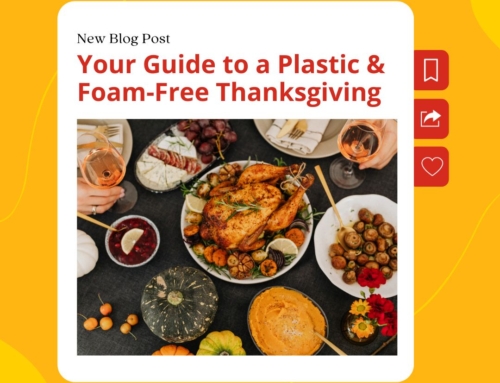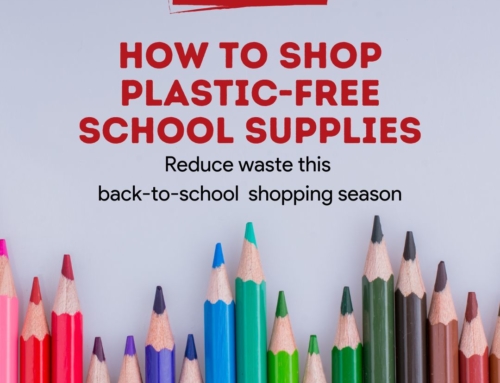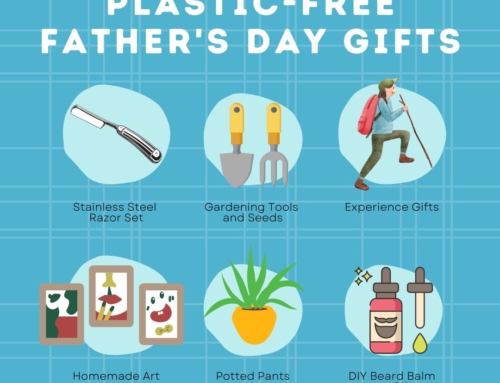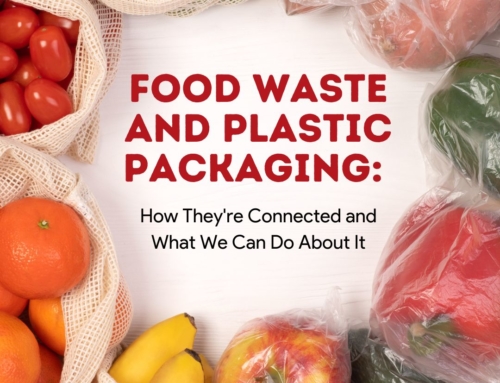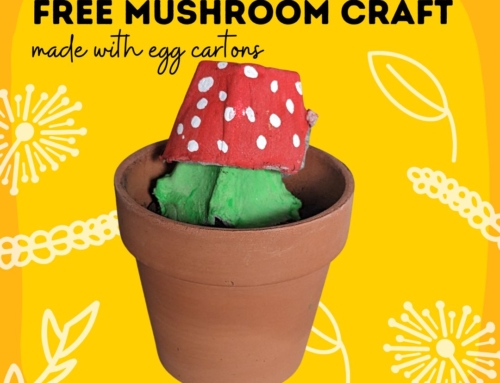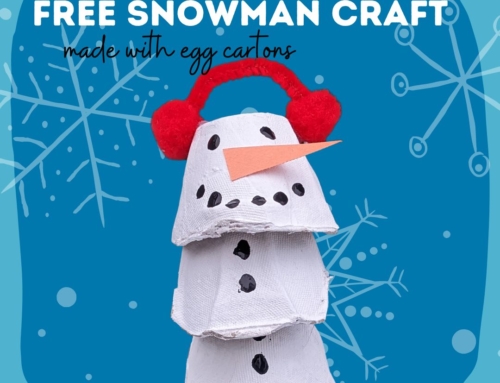It is becoming more important than ever to help our planet and buy sustainable products – including reducing our single use-plastic and foam consumption. As parents, it is even more important to do research and educate the next generation. Our kids can develop positive habits and understand the importance of helping our planet by being conscious consumers, purchasing sustainable packaging, and creating less waste. There are many ways to help educate your little ones, and it starts at an early age. Here we will provide some tips on how to teach your child at an early age to develop these healthy habits.
Involve Kids in Chores
Why not include them in household chores? This not only helps them to understand sustainability but also helps them to learn life skills. One thing you can include them in is taking out the recycling. As you teach them to separate paper, plastic, and aluminum, you can teach them what the different recycling symbols mean, how only some plastics are completely recyclable, and about your municipality’s waste management and recycling centres. While an older child is learning about what recycling is, you can also discuss why it is important to reduce single-use plastics and how only 9% of all plastics and styrofoam are actually recycled. 79% of all plastic and polystyrene foam sticks around in landfills and takes 1000 years to decompose.
In addition to teaching them about what goes into the blue box, you can also include them when donating old clothes to charity – letting them know it is important not to throw clothes away as they too contain plastic fibres. You can also teach them about composting and putting food scraps into your municipality’s green bins instead of the regular trash.


Include Kids in Grocery Shopping
Even before you get to teaching about waste and recycling, influencing your child can start at the grocery store. Taking them to the grocery store can teach them about healthy food choices, local produce, and most importantly – shopping sustainably. When browsing the supermarket, talk about the different types of packaging food comes in and why,when we can, it’s important to reduce our waste. Choose packaging that is 100% recyclable, biodegradable, and compostable like moulded fibre egg cartons and boxed snacks. When picking out produce, teach them about reusable produce bags over single-use plastic bags. At the checkout, have your young ones help pack the groceries into reusable shopping bags. These are simple ways to make a change and by having them help, you can explain how single-use plastic bags are harmful to the environment. They often end up in the earth’s waterways and oceans and can harm marine life.
Most Importantly, Make It Fun!
Teaching children through play can be an easy and effective way to have their good habits stick.
Here are some simple ways to do this:
- Make a chore chart with colours for each chore – include recycling and small rewards for completing tasks.
- Divide your recycling into coloured bins and have the kids pick out the correct bin that each item goes in.
- Take a trip to the local recycling centre. This may be a bit harder in some cities, but a trip to learn about recycling and waste management can be a fun and educational experience for kids. You may learn something new yourself!
- Learn about marine life and different animals that your child loves and research ways that single-use plastics and foam can harm them. If it’s possible, visit a local wildlife rescue centre and interview the worker to learn more about how this affects the ecosystem in your local area.
- Take a trip to the library to find books and movies on recycling, sustainability, and the ecosystem!
- Teach your older children about how the government and law enforcement can have a big impact on what brands produce and sell. Have them use our letter templates to write to their local or federal government representatives to request a change in laws. You can also have them write to their local supermarkets to request that they only carry products in sustainable packaging.


Be More Sustainable Yourself
Kids learn by example. The best thing you can do to form lifelong habits for your children is to develop those habits yourself. Choose to purchase food and household items in 100% recyclable, biodegradable, and compostable packaging yourself and they too will likely pick up on this into their teens and adulthood. Start by using some of our plastic-free shopping lists to be inspired on how you can reduce your plastic and foam footprint. It takes many people to adopt small habits to make a big difference. Together, by making these changes and educating kids about sustainable packaging and lifestyle choices, we can influence brands and consumer packaged goods to make a change as well.
Are you ready to teach your kids about sustainability and reducing single-use plastics? Tell us your tips on social media @ditchplasticpackaging and use the hashtag #ditchplasticpackaging.
